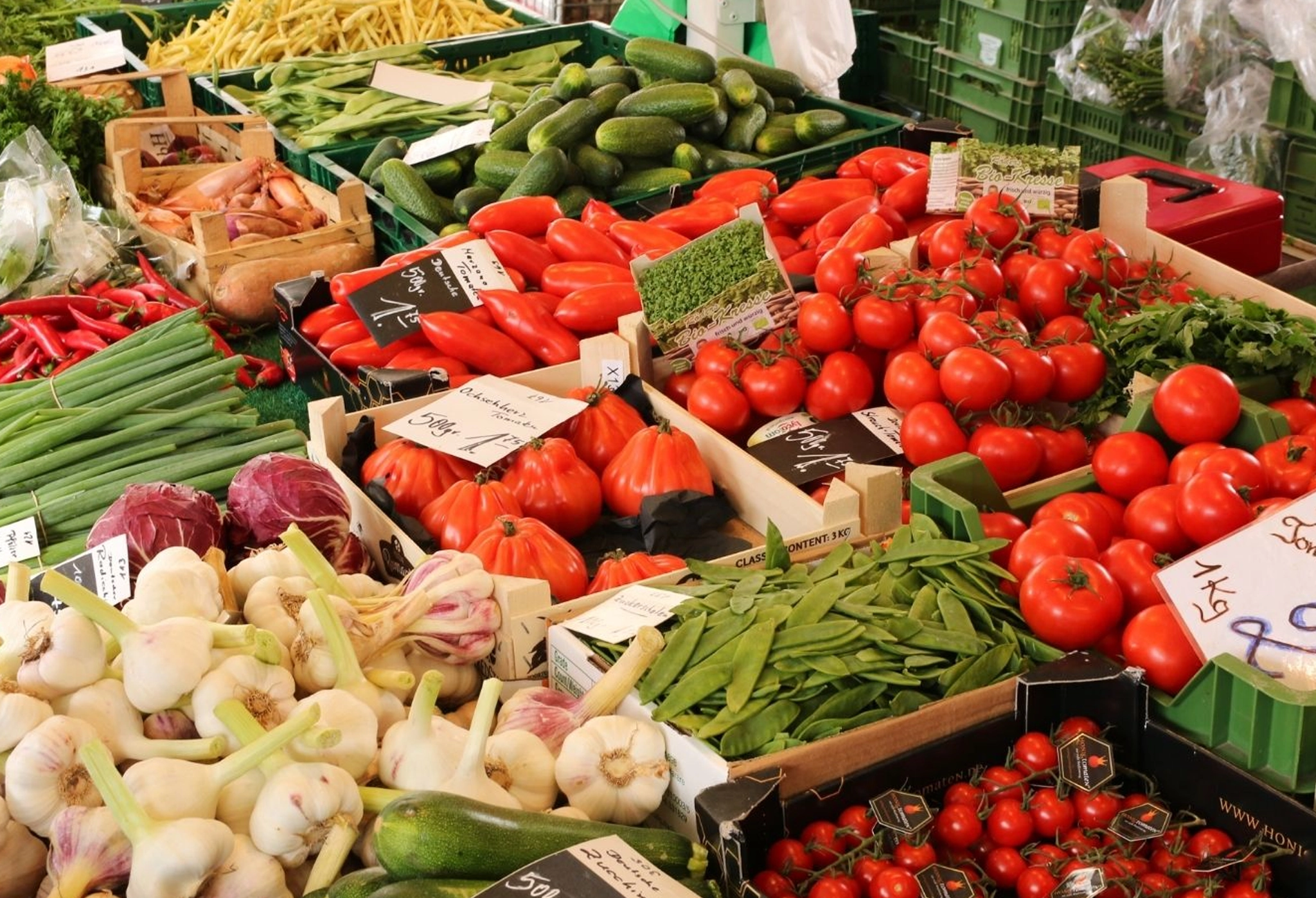Dominican Republic: A Hub for Tropical Agriculture
The Dominican Republic, an island nation nestled in the Caribbean, is renowned for its lush landscapes and diverse agricultural products. With a climate ideal for cultivation, the country has been a significant player in the global agricultural market. However, like many nations, its agricultural trade is influenced by a complex interplay of domestic policies, international agreements, and global market trends.
Key Agricultural Exports
The Dominican Republic is a major exporter of tropical fruits, including bananas, avocados, and mangoes. These fruits, often described as nature’s candy, are in high demand in international markets. Additionally, the country exports a variety of vegetables, coffee, and cocoa. These products have become synonymous with Dominican quality and taste.
- Tropical Fruits: Bananas, avocados, mangoes, and papayas are among the most exported fruits.
- Coffee and Cocoa: The Dominican Republic produces high-quality coffee and cocoa beans, which are prized for their unique flavors.
- Vegetables: A wide range of vegetables, such as tomatoes, peppers, and okra, are exported to various countries.
Agricultural Imports
While the Dominican Republic is a net exporter of agricultural products, it also imports certain commodities to meet domestic demand and supplement local production. Key imports include wheat, corn, and dairy products. These imports are often necessary to ensure food security and a diverse diet for the population.
- Grains: Wheat and corn are imported to produce flour and animal feed.
- Dairy Products: To meet the growing demand for dairy products, the Dominican Republic imports milk, cheese, and butter.
Challenges and Opportunities
The Dominican Republic’s agricultural sector faces several challenges, including climate change, natural disasters, and competition from other producing countries. However, there are also significant opportunities for growth. The country’s strategic location, favorable trade agreements, and increasing investments in agricultural technology offer promising prospects.
- Climate Change: Extreme weather events and changing rainfall patterns pose significant risks to agriculture.
- Trade Agreements: The Dominican Republic’s participation in free trade agreements has facilitated market access for its agricultural products.
- Technological Advancements: Investments in irrigation systems, agricultural machinery, and sustainable farming practices are enhancing productivity.
The Future of Dominican Agriculture
As the global demand for organic and sustainably produced food continues to rise, the Dominican Republic is well-positioned to capitalize on these trends. By focusing on value-added products, diversifying its export markets, and promoting sustainable agricultural practices, the country can further strengthen its position in the global agricultural market.

